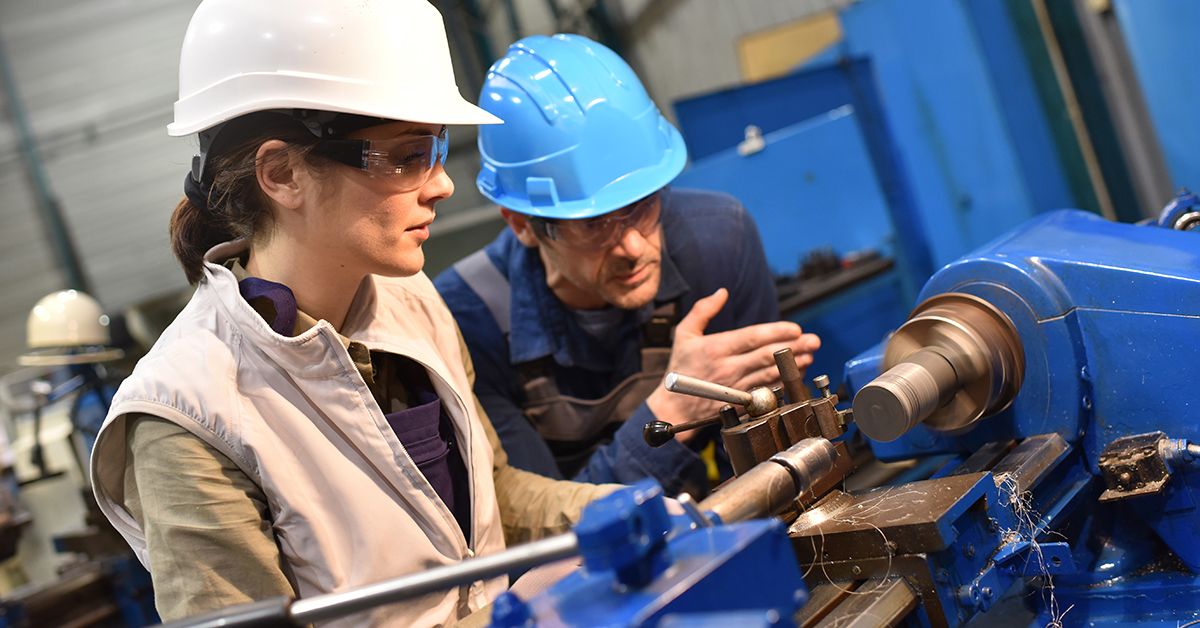
Workplace injuries are a common occurrence in Australia, even amongst those of us that don’t work in a physically laborious environment. They can occur anywhere, any time and in any industry. This article will help you stay safe at work, as well as help you understand your rights if you get injured.
More common than you think
According to the most recent data published by Safe Work Australia, 127,355 workers’ compensation claims were filed in the 2010-2011 fiscal year. That’s a lot of claims—about 12.2 per 1000 employees. Claims were made as a result of serious work-related injuries that caused temporary incapacity, permanent incapacity or in some cases even death. Furthermore, 25% of these claims required over three months off work for the employee. The highest number of work-related injuries occurred in the transport/storage, agriculture, forestry/fishing, and manufacturing industries, but every year injuries are suffered across all types of industries.
Be safe and be prepared
Given these startling statistics, and the complex litigation battles they incite, it is vital that you assert your intention to stay safe in the workplace at all times and avoid the costliness of an injury. That being said, it is also important to make sure you’re prepared in the event that you incur an injury at work. In almost all developed countries, there are laws and regulations in place that prevent workplace injuries and promote just compensation. In Australia, Safe Work Australia was established as a government agency primarily to improve work safety and workers’ compensation arrangements across the entire country.
What is your employer’s responsibility?
Your employer is required to provide a safe work environment and take all the precautions necessary to prevent accidents. This includes:
- Ensuring a safe workplace including machinery and equipment as well as a safe systems of work to control risks (eg limited access to high risk areas)
- Providing workers and contractors with the right training, information and supervision to work safely
- Providing safe methods for handling, storage and transport of hazardous substances (for example chemicals or asbestos)
- Maintaining the workplace in a safe condition—for example, emergency equipment works, easy access to fire exits and the floors are tidy and free of obstacles that could be tripped over
- Healthy facilities like clean toilets, hygienic eating areas and clean drinking water.
What if my workplace is not safe?
Even though Australia takes workplace safety very seriously, some workplaces do not comply with the requirements of work, health and safety laws. If you feel that your workplace is not as safe as it should be, you should report the hazard or your concerns to your superior immediately. If your employer doesn’t do anything about it, you should then find a regulator in your state or territory, and then contact them to report a workplace incident or hazard. In Victoria, the appropriate agency is WorkSafe Victoria.
Tips on staying safe in the workplace
While it is your employer’s responsibility to provide a safe workplace for you, there’s plenty you can do to make your job safer. Here are a few tips on how you can do that:
- Mind your own responsibilities. This is pretty much common sense, but you would be surprised at how many workers neglect to take care of their work space under the assumption that someone else will do it for them.
- Be aware of the laws and regulations of your job, and be proactive. If you find something that doesn’t comply with the workplace safety regulations, make sure to report this immediately by notifying your employer. Remember that all workers, including you, have a duty of care to work in a way that is not harmful to their own health and safety and the health and safety of others.
- If you’re not sure how to manage a new task or operate something correctly, you should always ask for help. Ask to be supervised until you know how to perform the task, in order to ensure that your inexperience doesn’t lead to an accident.
- Be upfront and communicative. If you feel that a task is too dangerous in general or difficult for you in particular, tell your supervisor. It’s always better to do this than to keep quiet and end up making a costly mistake.
Remember, you can never be too safe at work. The working world is a means to an end, and you should never feel like you’re putting yourself or your family at risk by showing up to the office every day. That’s why it’s always important to take the time to perform safety checks and bring any concerns, no matter how minor, to your supervisor and to be prepared to take action should something unexpected occur.
 Call Us Today
Call Us Today



